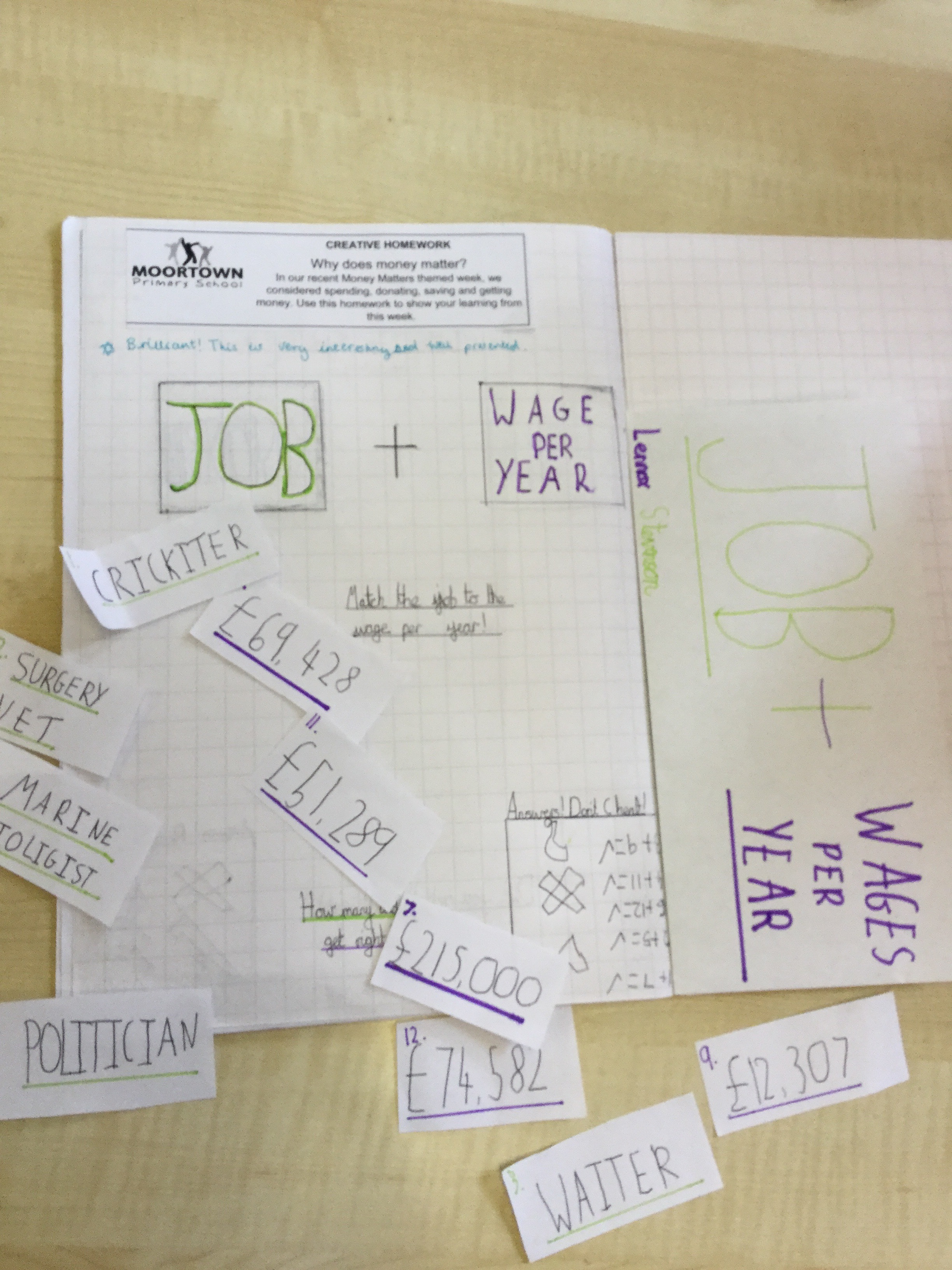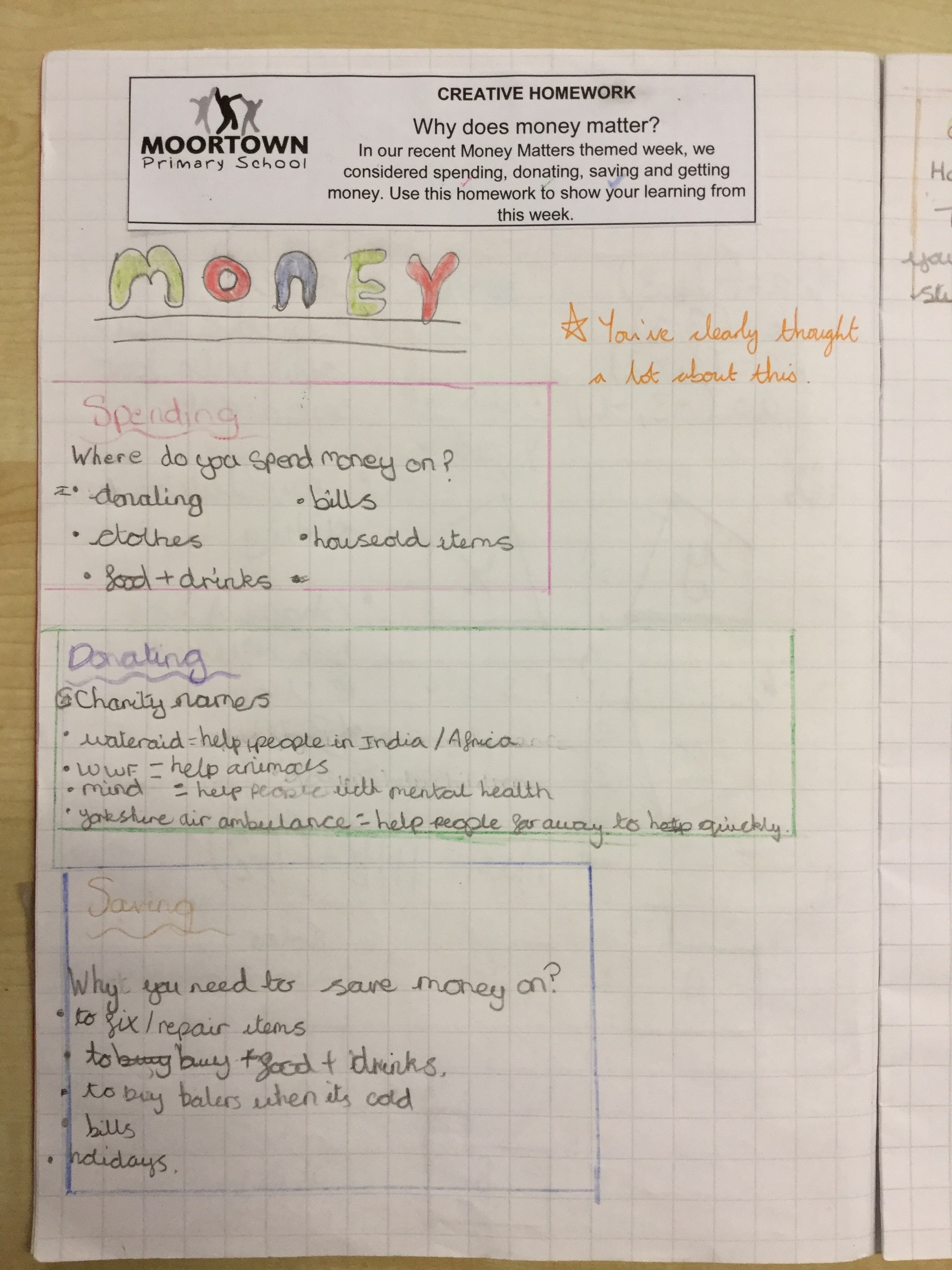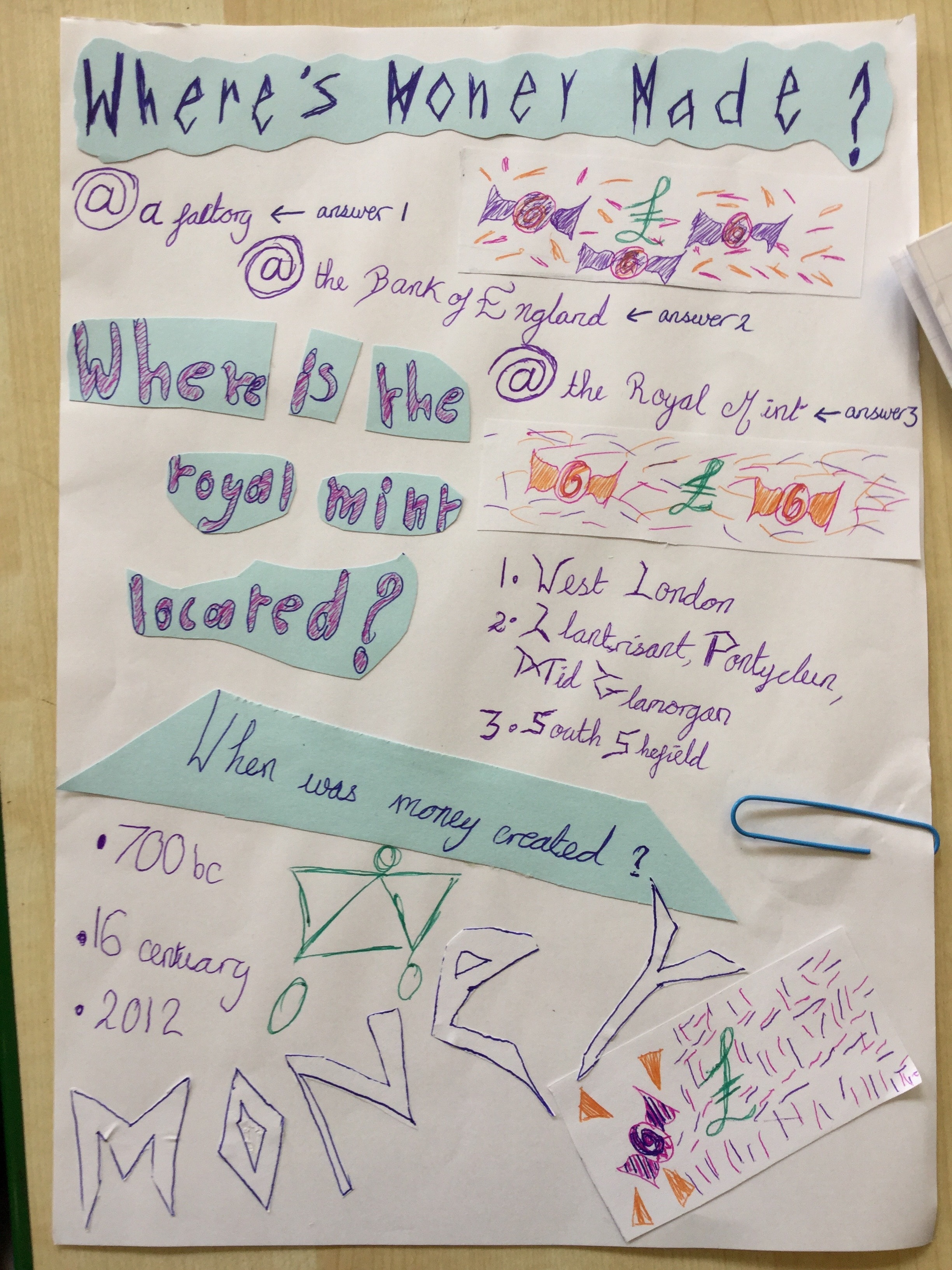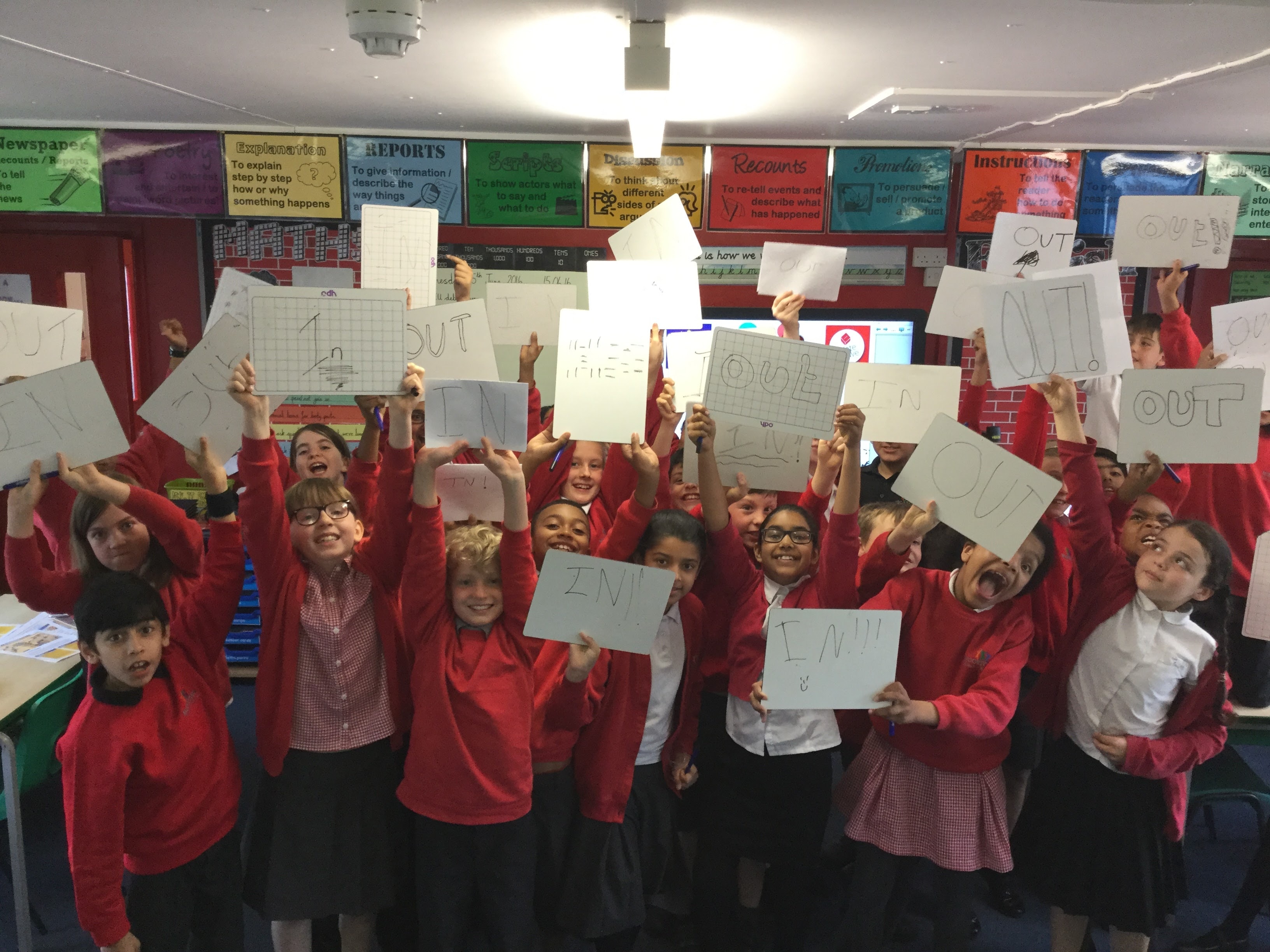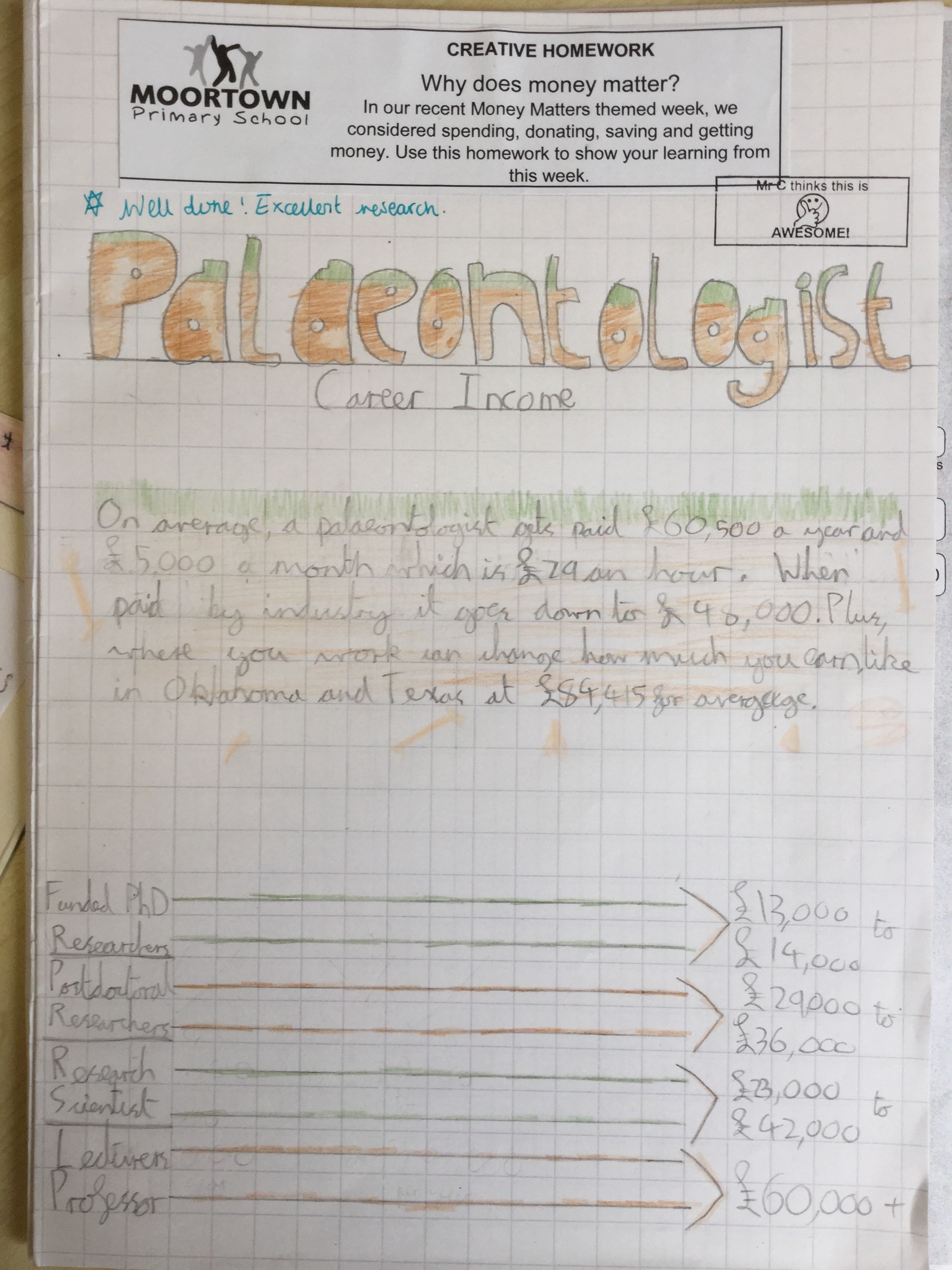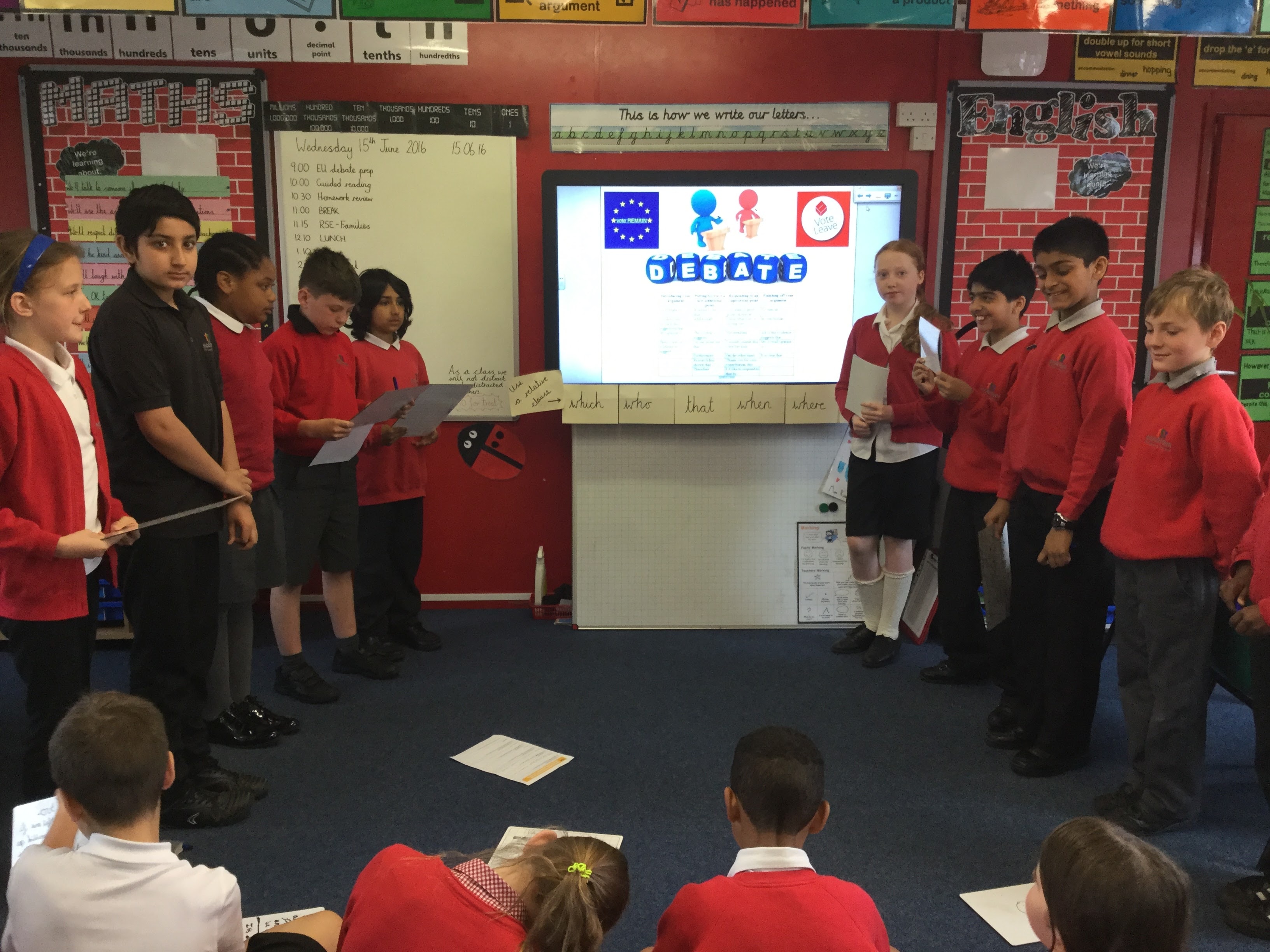17 June 2016
The spellings this week are again for all Year 2 children.

Money Matters Homework
We tried to choose a few pieces of homework to show off on our class news but we ended up choosing all of these.
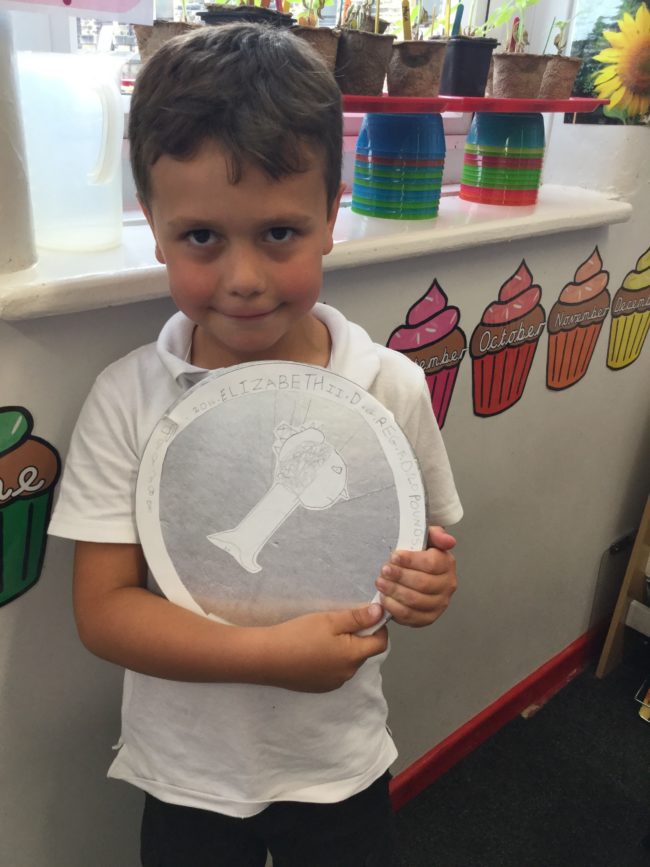
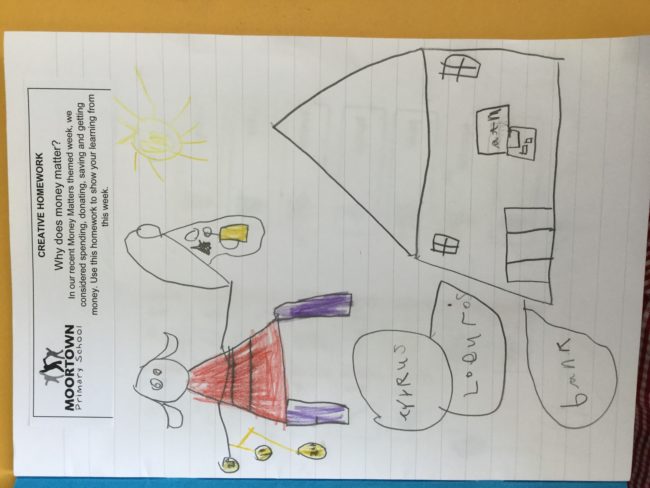
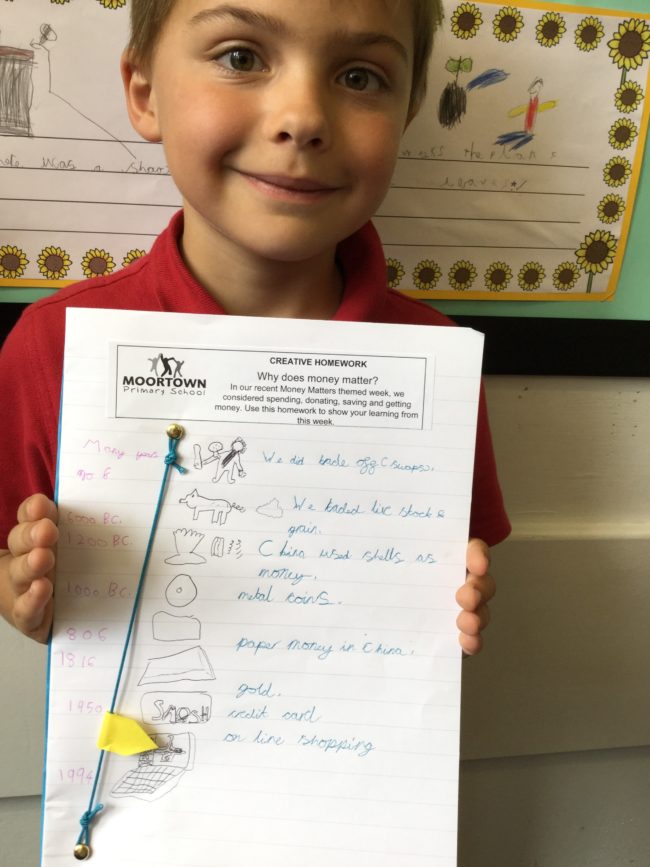
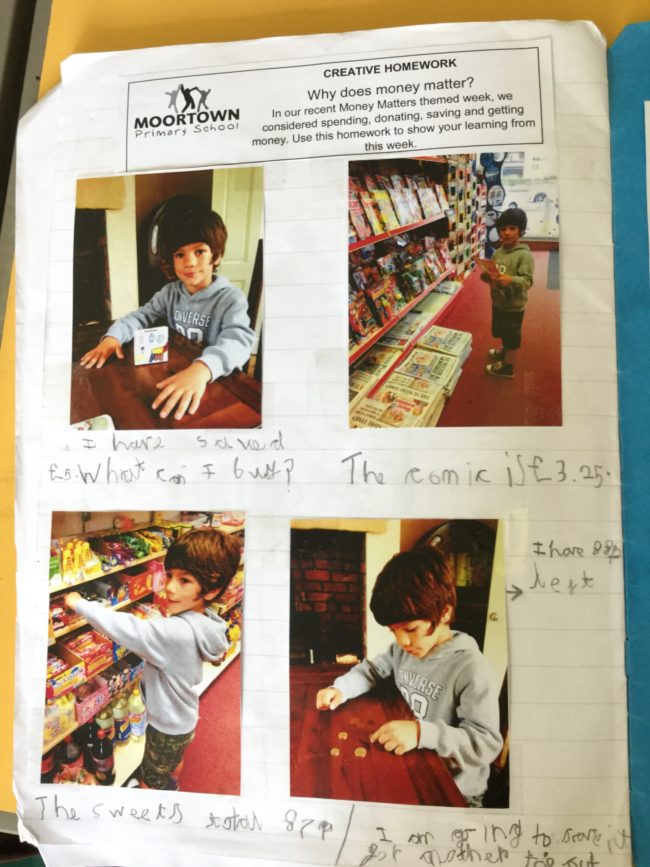
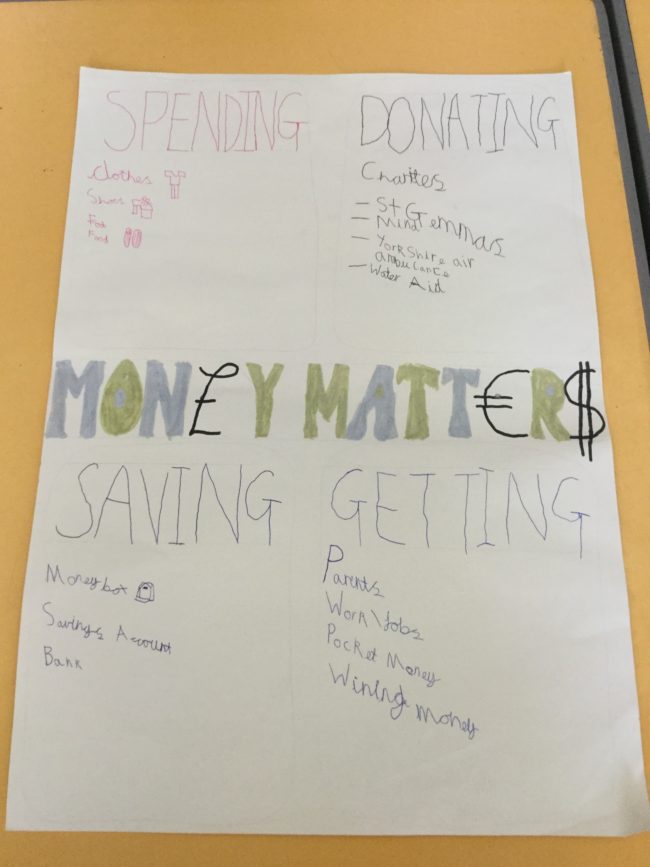
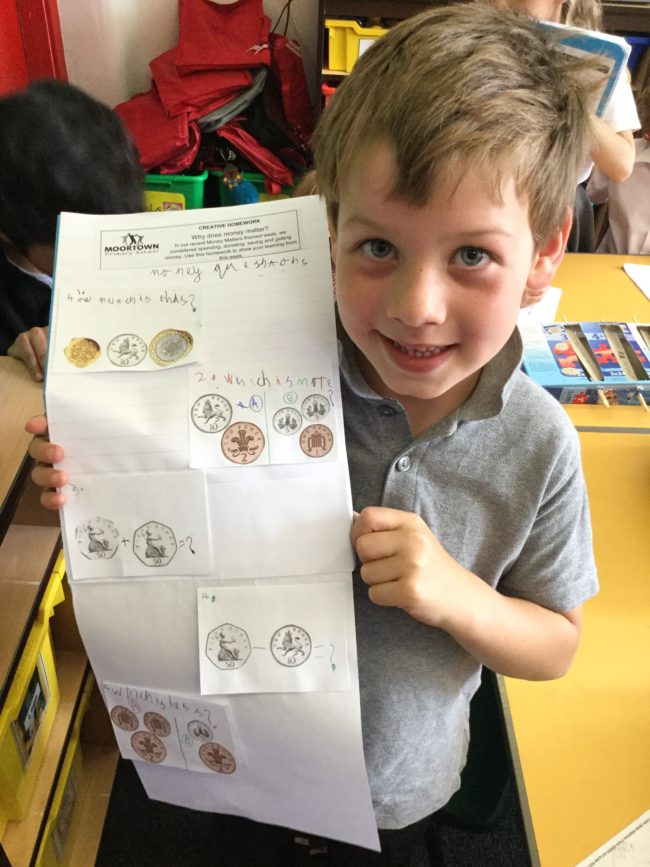
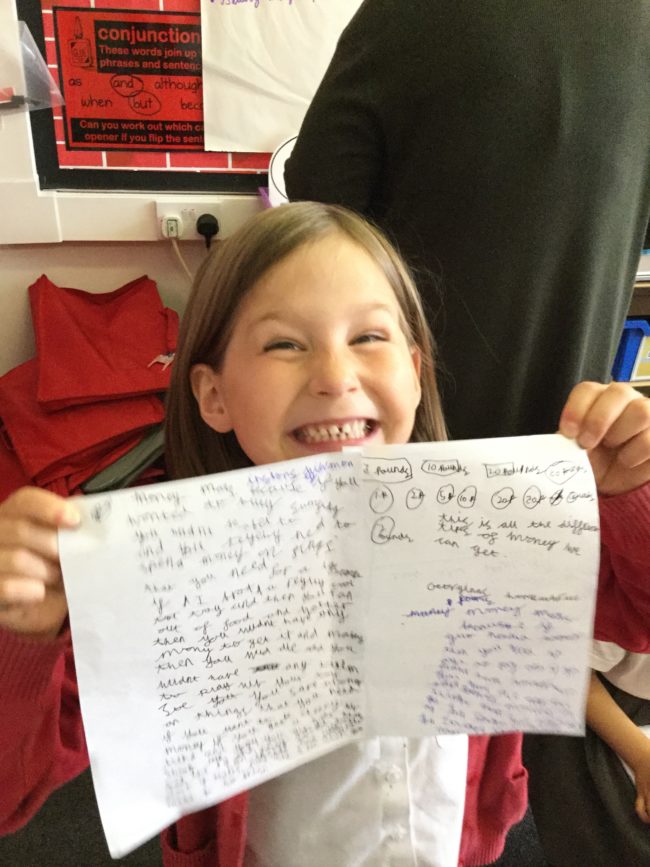
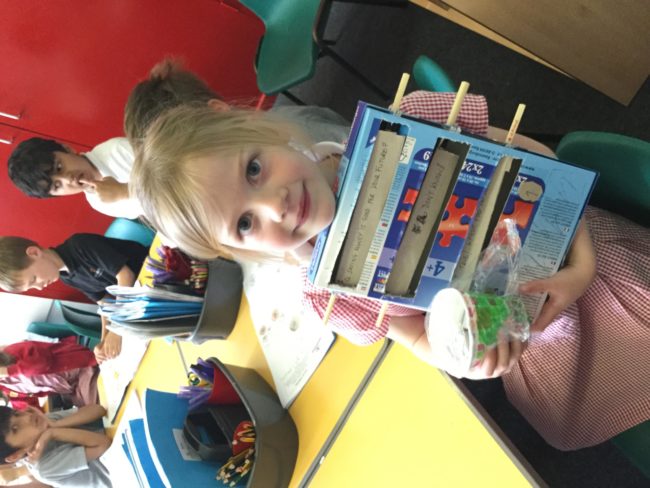
17 June 2016
Red and yellow group:
are
come
here
said
some
there
were
where
These are more words where phonics doesn’t help a whole lot to spell them. Please help your child to hear and understand the difference between where and were.
Green group:
I will ask you any ten spellings of the days of the week and the months of the year.
17 June 2016
The homework for this week is practice is perfect and is due in on Wednesday 22 May.
Complete the sudoku puzzle!
You might need an adult to help you at first. Enjoy!
17 June 2016
This week’s homework is practice makes perfect and is due on 22 June 2016.
I can apply my shape learning.
This week, your child has a series of opportunities to practise and apply their shape learning from this week. Some of the key vocabulary you should expect to here/use is:
vertex / vertices – the corner of a shape
right angle – a 90 degree angle (a square fits perfectly into it)
parallel – lines which stay the same distance apart
perpendicular – two lines that meet at a right angle
angle – a measure of a turn / a vertex
greater than 90 degrees – a turn that is more than 90 degrees
less than 90 degrees – a turn that is less than 90 degrees
Warning!
An angle is only an angle when two straight lines meet. If a curved line meets a straight line it is not strictly an angle.
17 June 2016
This week’s spellings have come about as a result of all the spelling learning we have done around the letter w.
wait
weight
went
where
were
woman
women
weather
whether
wrong
There are some homophones (two words that sound the same but are spelt differently), an irregular plural and some high frequency words that are commonly spelt wrong. Why not try encouraging your child to spot words within words to help memorise spellings (the response to “where?” could be “here!”)?
Homework review
Our reponses to the recent creative homework relating to Money Week were amazing!
It was clear that many of us had spent lots of time responding to the task and the results were impressive.
In class, we looked at other people’s before giving each other some verbal ‘stars and steps’. We then voted on our favourites:
17 June 2016
This week’s Practice Makes Perfect homework is due on Wednesday 23 June.
To experiment with vocabulary for effect.
We’ve been practising using a thesaurus in order to expand our vocabulary this week, making sure that we check the meaning of words and that we know how to use them in a sentence.
I’m asking the children to find ten new words that they wouldn’t normally use in their writing but are more ambitious choices for them to remember in the future. For each word, they need to be able to explain what it means (this could be verbal rather than written down) and they need to have written it into a sentence.
As an extra challenge, see if you can find all ten words and their meanings without using the internet. It is an undeniably useful resource, but how else can we learn new things?
17 June 2016
This week’s creative homework is due on Wednesday 23 June.
I can show what I know about the EU referendum.
We’ve learnt lots about the EU referendum this week resulting in some fabulous debates. There were convincing arguments for both the vote remain and the vote leave campaigns. In any way they wish, children should show what they know about the EU and the upcoming referendum. They may choose to express an opinion on which way they feel people should vote, or they may wish to remain neutral and offer both sides of the argument.
Here are some ideas to get you going but, as usual, I’m sure the children will have much better ideas of their own:
- Create a campaign leaflet to go through people’s letter boxes informing them of the debate.
- Write a speech convincing the class to vote one way or another.
- Create a voting booth that the class can cast their votes to.
- Generate a quiz which tests our knowledge on the EU referendum.
I look forward to seeing what you come up with!
17 June 2016
|
ei words and homophones |
||||
| This week, we have a combination of words with ei in, as well as some more homophones. | ||||
| deceive | receive | ceiling | ascent – assent | cereal – serial |
| conceive | perceive | weird | bridal – bridle | alter – altar |
What other words can children find that have ei in? Lots come after a c, but some don’t. Homophones should always be practised in sentences.
